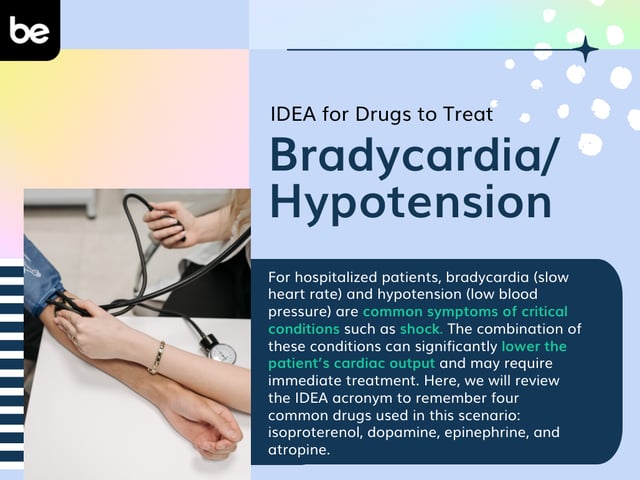
Common Cardiac Medications: Calcium Channel Blockers
This article is the second in a series featuring the three most common medications with cardiac-specific mechanisms of action, ACE Inhibitors, Calcium Channel Blockers, and Beta Blockers.
You can find information on the other two types here:
How Calcium Channel Blockers Work
Calcium Channel Blockers (CCB) do just that—block calcium channels in the muscle cells of the heart and arteries, preventing calcium from entering the cells. Calcium is required for muscle contraction (heart beating), so when the calcium is blocked, the muscle contraction is more relaxed. Calcium is also necessary for electrical conductivity in the heart, so CCBs reduce the level of conductivity as well.
For patients with high blood pressure (and sometimes arrhythmias), CCBs lower the heart rate, decrease the muscular workload, and dilate arteries, so the heart is working less, blood pressure is lowered, and there is increased oxygen to the heart.
The Drug Names
The generic forms of these drugs usually end in -dipine and they come in various brand names:
| Generic | Commonly-Used Brand Name |
|---|---|
| Amlodipine | Norvasc™ |
| Nicardipine | Cardine™ |
| Diltiazem | Cardizem™ |
| Verapamil | Calan™ |
Dosage and Monitoring
CCBs should generally be taken with food or milk, but patients should always follow their physician’s instructions for specific drugs. The dosages for these medications vary. When they are prescribed for use at home, they are oral pills, but they also can be given by injection in an inpatient setting. Patients taking CCBs should avoid grapefruit products because they can interact with the medication.
Side Effects
The most common side effects of CCBs are headache, constipation, rash/flushing, and nausea. Additionally, patients on CCBs may notice edema in their lower extremities. When patients take CCBs for a long period of time, most of these side effects go away. However, patients can develop changes in their heart rhythm and should be monitored appropriately.

Keep Reading

National Council Licensure Examination-Registered Nurse Blog
What to Expect in Nursing School Clinicals
The clinical experience is a rite of passage for all nursing students, …

National Council Licensure Examination-Registered Nurse Blog
What is the NCLEX Next Generation (NGN) Exam?
If you’re interested in becoming a registered nurse, you likely know th…

National Council Licensure Examination-Registered Nurse Blog
IDEA for Drugs to Treat Bradycardia/Hypotension
For hospitalized patients, bradycardia (slow heart rate) and hypotensio…